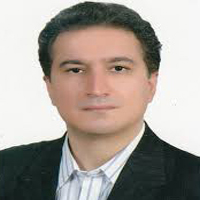The effect of social divisions on political participation (case study of the presidential elections 1376-1400)
Due to the importance of finding the issue of political participation and its growing trend in countries and considering the impact of social gaps on electoral political participation, studies have been conducted on this issue since the past decades; But studies around a common question often have inconsistent results. According to numerous books and articles and the use of different research methods in the field of political-election participation and the impact of social divisions on it, a meta-composite view of this issue has not been done so far. The field of effective factors on political participation in the presidential election in Iran is to discover a coherent result from their research fields. The present research method is of a meta-composite type and with a comprehensive and general view of the scientific-research studies conducted in the period of 1376-1400 in the field of the impact of social-economic gaps on political participation in Iran's elections. The sample size of 35 articles has been selected according to the quality of the article, scientific-research and its relationship with the issue of social gaps and political participation in the presidential election. The results obtained in this research show that the socio-economic indicators (status, social base, social position, social class, social trust, education, job, income, getting a better life, economic issues, middle class, social pressure, center, periphery, fair distribution of wealth, class distance and deprivation) with a frequency of 15 have had a greater impact on electoral political participation than other social divisions.
-
The Representation of the Collective Identity of Foreign Immigrants
Mohammadreza Bakhtvar, *, Hojjatollah Darvishpur, Mohammadali Khosravi
National Studies, -
Analysis of Existing Approaches Towards Iranians with Dual Citizenship and the State's Responsibility Towards Them
Mahsa Shah Mohammadi, Mojtaba Maghsodi *, Mohammadali Khosravi, Nader Houshmandyar
Journal of Strategic Research of Politics,


